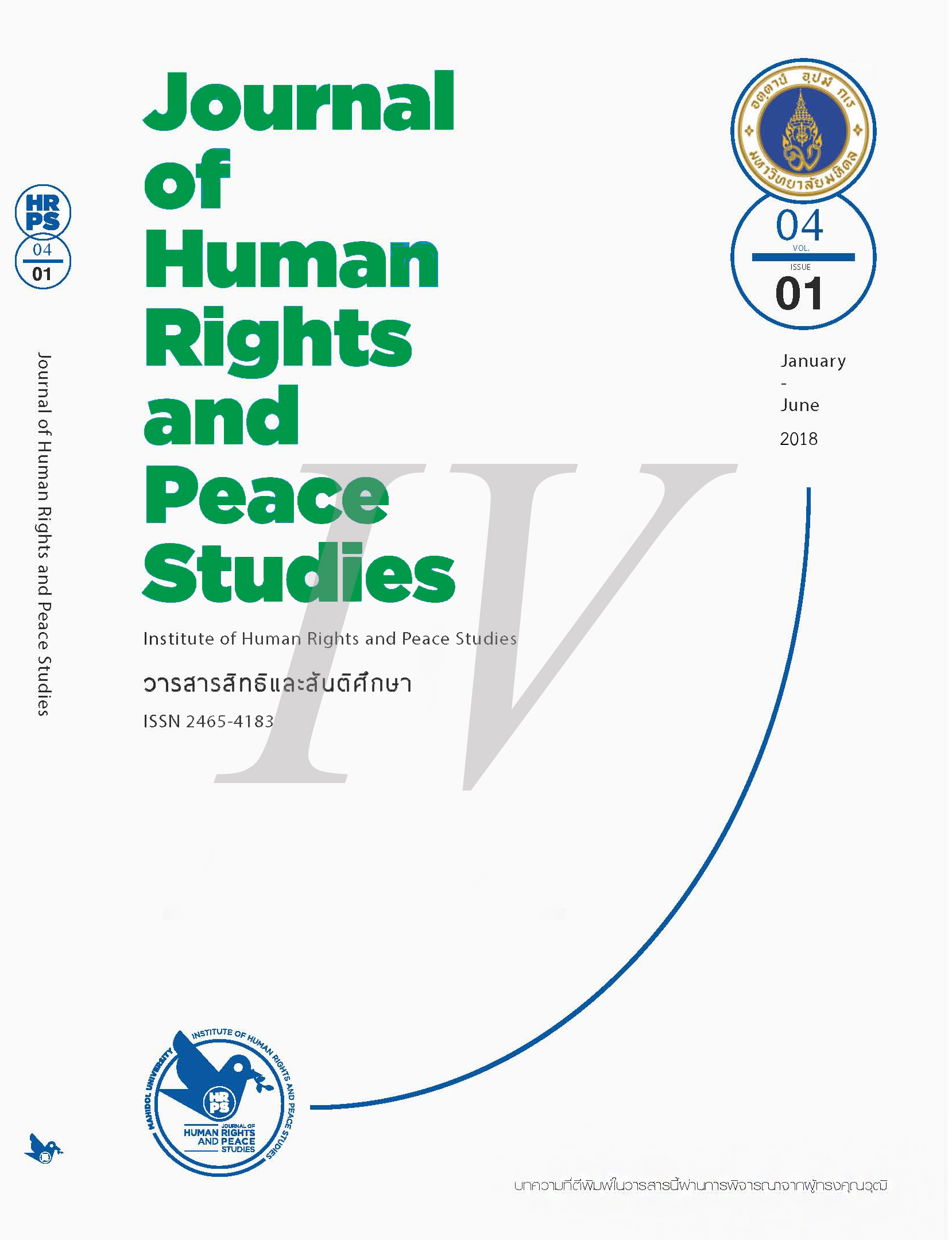The Politics of Reform and the Future of Thailand
Main Article Content
Abstract
Historically, King Chulalongkorn in the 1890s initiated the idea of political and administrative reform in the Chakri Reform, which limited political and development reform, thus resulted in the emerging Thai state that did not develop its attributes–developmental orientation, cohesiveness, and strength of the bureaucracy. Starting with the 1991 Coup which ended in a mass protest of bloody May 1992, critics and politicians called for a political reform to avoid future crisis stemming from the inefficient political system. The National Council for Peace and Order (NCPO) which staged the recent 2014 Coup also claimed its righteous role in taking power by force so that it could construct/manufacture the reform project for the country. But as the government and the junta tried to portray a new apolitical version of reform, one that is not a result of the internal conflict between the new rising political force based on the rural constituency and the traditional elite and upper middle class who eventually lost trust in the electoral system and government, the road to reform looks more reminiscent of the grand old reform which never created real developmental institutions capable of change. At issue now is not so much about the modern form and efficacy of the government as about who should rightly rule and govern the country—the elected or appointed government.
Article Details
The views, opinions, and pictures expressed in this journal are those of the authors and do not necessarily reflect the opinions and viewpoints of the editor and the editorial board. All rights are reserved by the authors and the Institute of Human Rights and Peace Studies of Mahidol University. No part of this journal may be reproduced, stored in a retrieval system, or transmitted in any form or by any means without the prior permission in writing from the journal’s editor, or as expressly permitted by law, or under terms agreed with the appropriate reprographics rights organization. Non-commercial use of information in this journal must be properly referenced.


